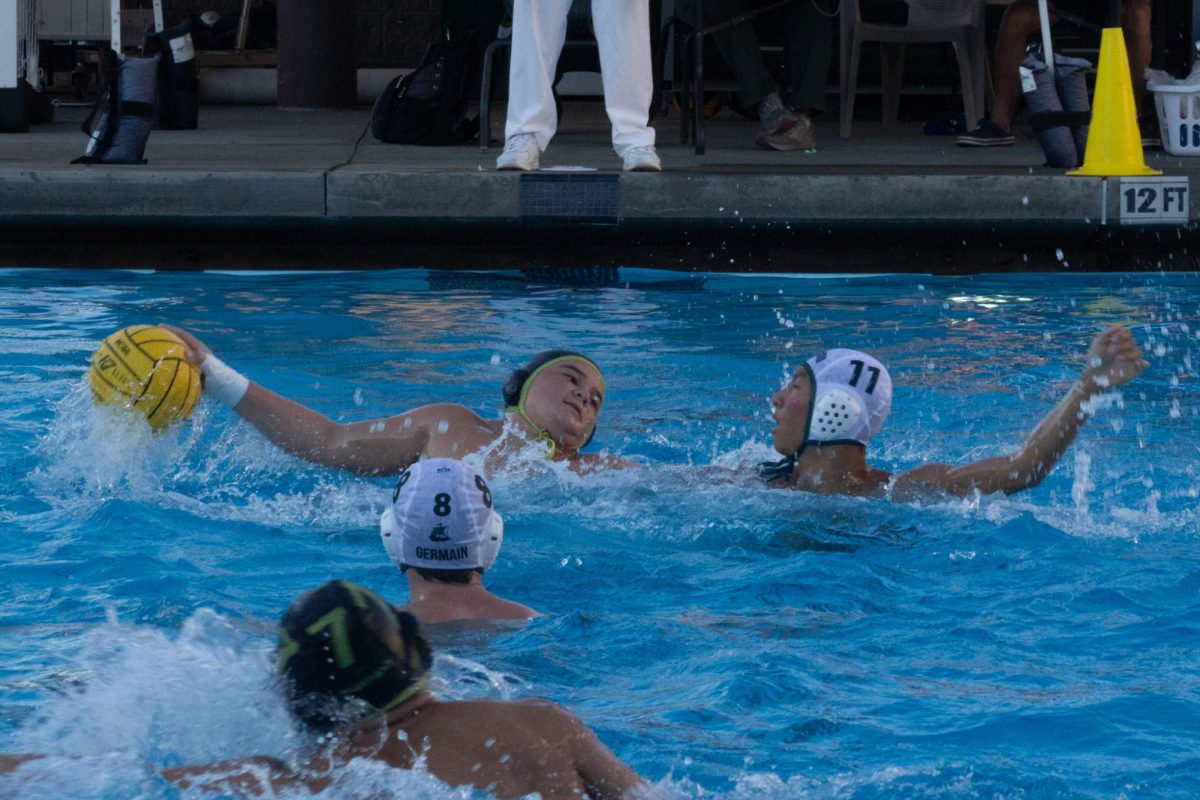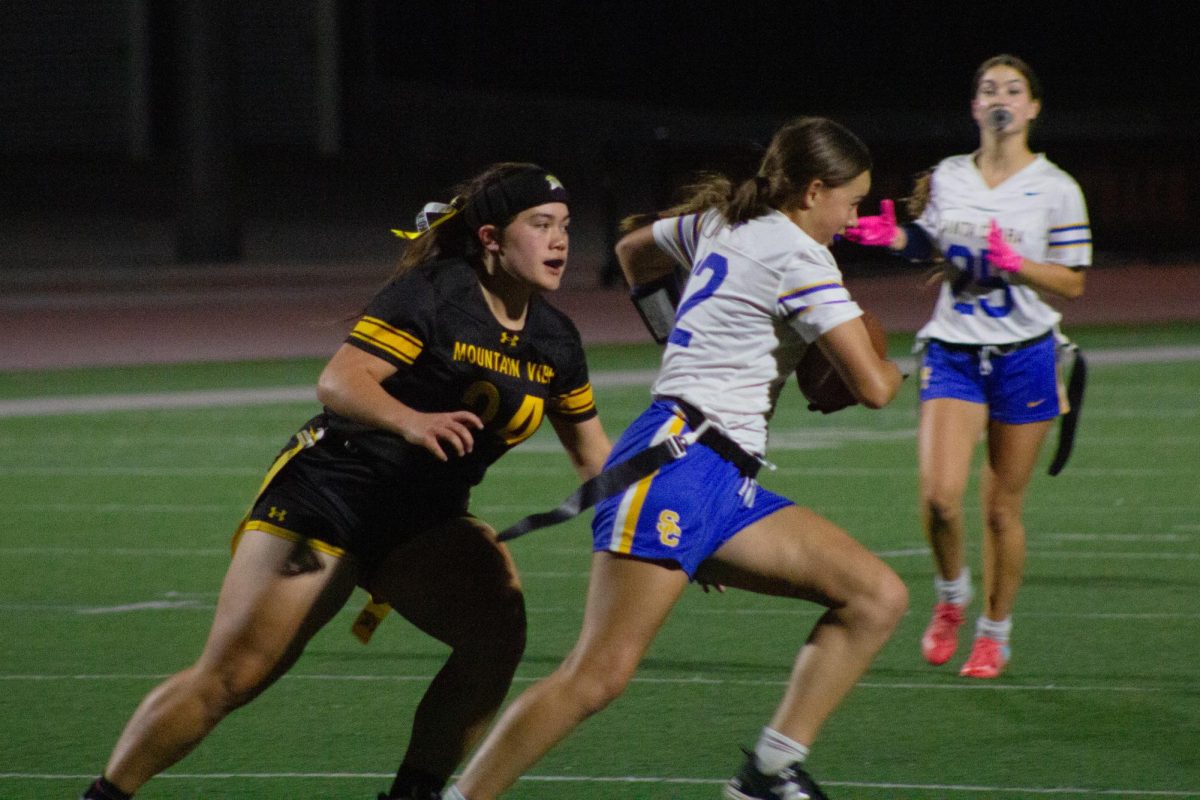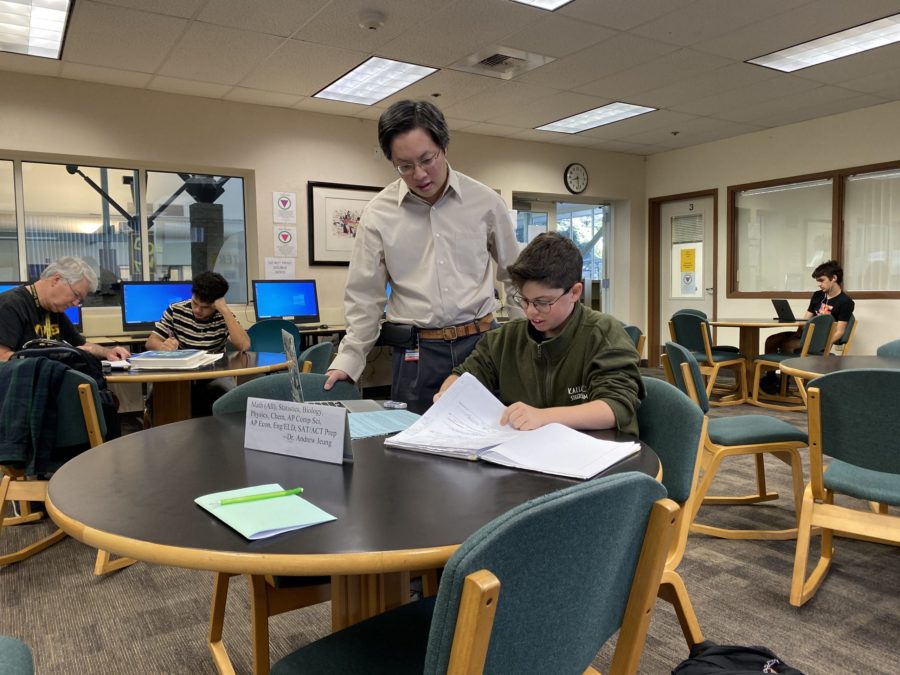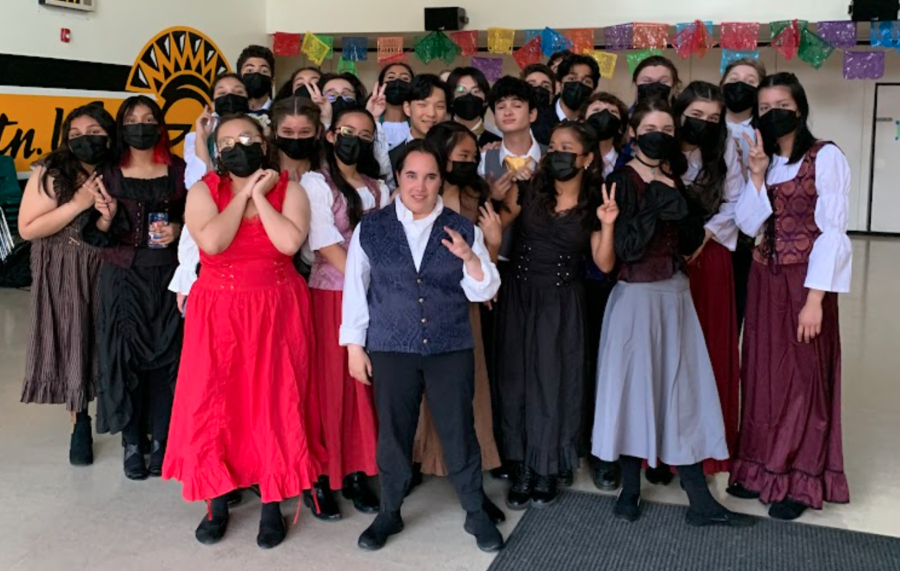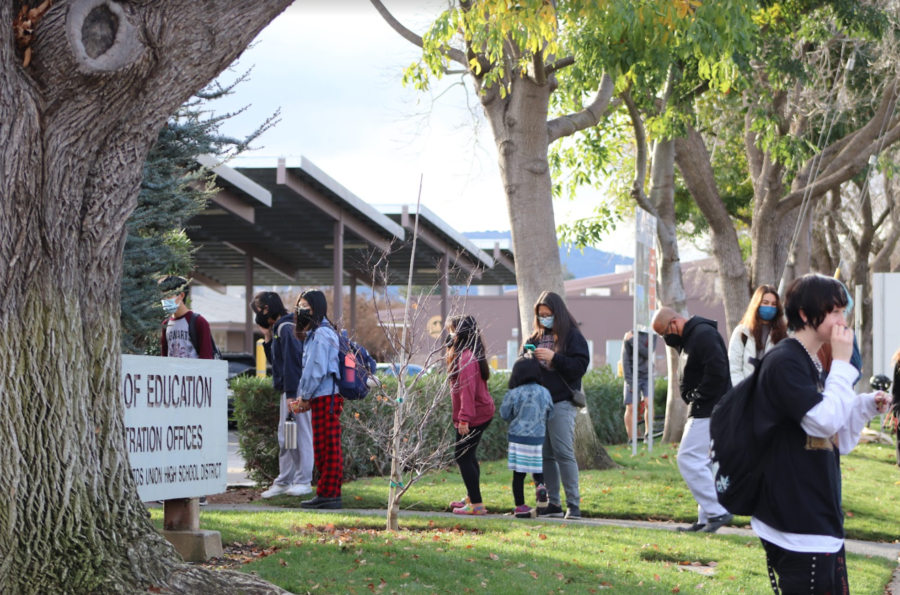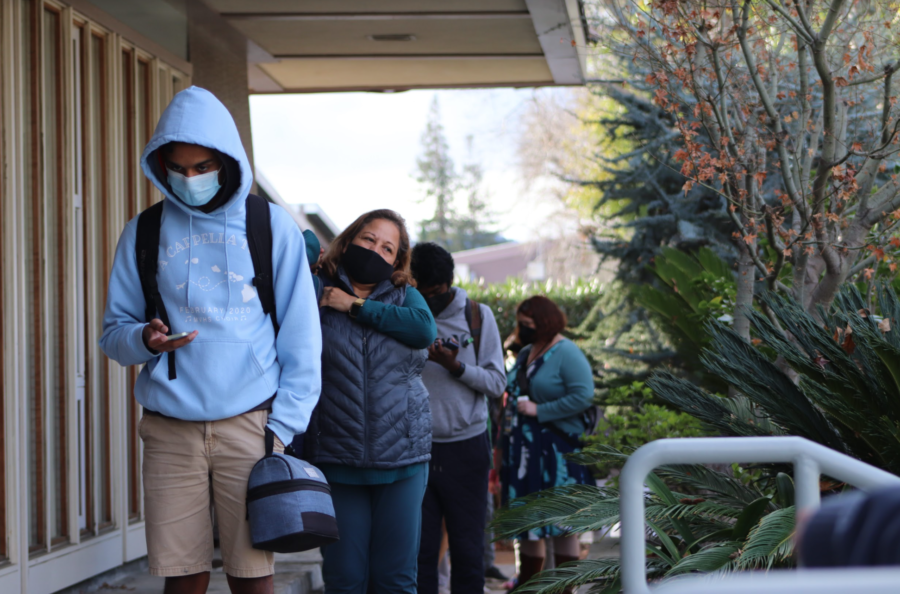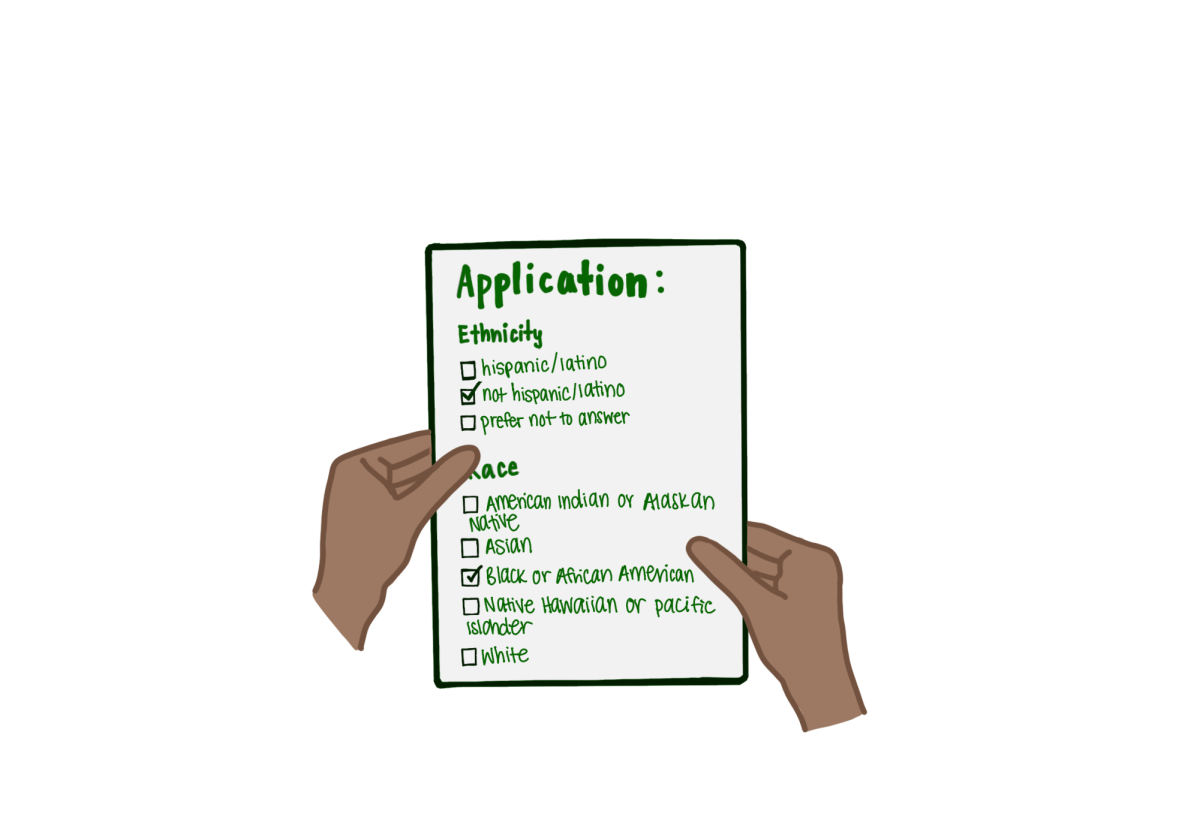The loss of several free tutoring services, which resulted from the school’s closure, has left many students struggling to find academic support. To resolve this issue, students and members of the community have organized online tutoring programs to assist students in need.
“I believe the [tutorial center] has been a place… not just to get academic help but also to meet with friends, to catch up with their homework and… to decompress. I feel that that has been taken away from the students, so I hope we can create a similar thing online,” said Nancy Rafati, the tutorial center coordinator.
“We really want to make the compassion and collaboration of MVHS students and staff expand and go viral through equal opportunity learning.”
Sophomore Katherine Healzer founded the Student2Student tutoring program in collaboration with Rafati. They hold two-hour open sessions on Google Chat on Tuesdays and Thursdays with 42 volunteer students tutors to answer any questions high school students can drop in and ask.
According to their flyer, Student2Student is a “free online tutoring service created by MVHS students for MVHS students that seeks to help peers and support teachers. Even more so, it is a collaborative modality that helps us stay connected, engaged, and feel supported by our MVHS community.”
The administration is yet to publicly address the closure of the tutorial center and its access to professional tutors, and according to Rafati, though the administration has told her to be patient in regards to official school-sanctioned resources, Rafati commends their thoughtfulness on addressing other concerns with online school.
Healzer came to Rafati with this initiative, and they have worked together to make it a reality.
“At Student2Student, we really want to make the compassion and collaboration of MVHS students and staff expand and go viral through equal opportunity learning,” Healzer said.
According to Rafati, she has received many offers of tutoring from external programs, such as one from Harvard students, but Rafati believes community student tutors will be more effective.
“I’d rather it be local, from their friends, by their friends, meaning they can trust the person and have an existing relationship with the tutors,” Rafati said.

This same sentiment is shared by another online tutoring program, Quarantutors. Founded by students from various Bay Area schools Esther Sun, Eesha Palasamudrum, Brian Dinh, and Carol Li, Quarantutors connects student volunteers with K-12 families for free online sessions, targeting low-income families.
“It can be really hard to learn through a virtual format,” Executive Director Sun said. “For families who can’t afford to spend a lot of money on tutors that charge exorbitant rates, we figured that Quarantutors would be a good replacement.”
Technical Director Li is in charge of matching tutors up to clients. Student tutors send in applications and the team connects them with a family whose requests would be met by the tutor.
“We wanted to help our community through this hard time, and we can’t do much in terms of actual medical aid,” Sun said. “We wanted to be part of it, but we didn’t really know how. So we took the skill that we had, which is academics.”
Similar to Healzer’s idea, the Quarantutors believe student tutors will be effective in helping students in need.
“It’s easier to relate to students tutors because their knowledge is more firsthand experience,” Li said. “It’s easier to tutor someone in a subject that you already went through yourself personally.”
“We are hoping that all of our tutors have already taken the subject they are tutoring, so they know the curriculum and know the information exactly how it’s taught,” Healzer said.
Both programs have measures in place to prevent any inappropriate behavior from occurring on the online platforms. Student2Student requires two tutors be online for every session, and Quarantutors requires all their tutors to record their session and submit them to the executive team.
Several other existing programs are adapting to the new online format, including Unidos, which offered free after-school tutoring aimed at low-income elementary and middle school students, and Olimpico learning, aimed at low-income K-5 students.
“We are hoping to create an online tutoring platform… that will be advertised directly to low-income programs similar to the ones we use for tutoring,” Unidos President Ethan Huang wrote in an email to tutors.
“It’s been really nice to see the community come together to see how they can provide support for each other,” Li said. “Even though we cant be there physically, just knowing we’re able to connect to people and give them the help that they might need, is really comforting.”
Find support or sign up to tutor at:
Quaranatutors: www.quarantutors.com or email the team ([email protected])
Student2Student: follow @studetn2student.mvhs on Instagram or email Katherine Healzer ([email protected]t) or Christopher Liu ([email protected])
Olimpico learning: follow @olimpicolearning on Instagram






